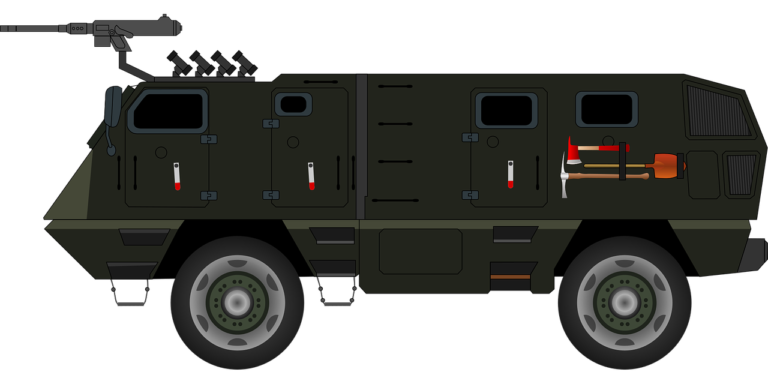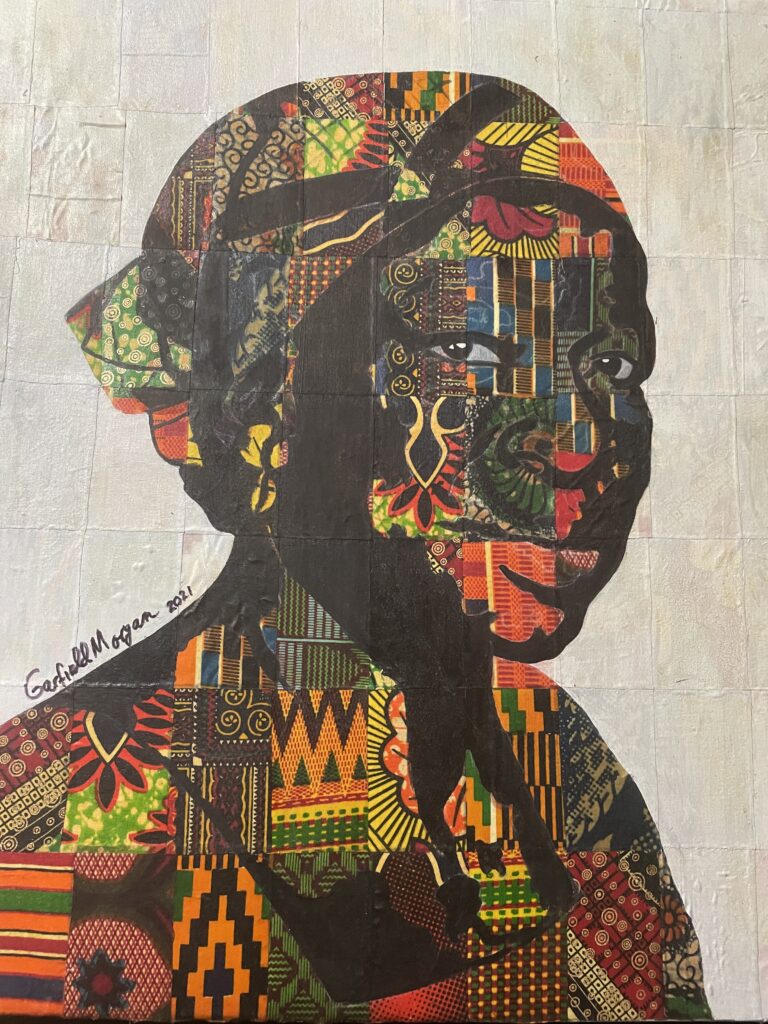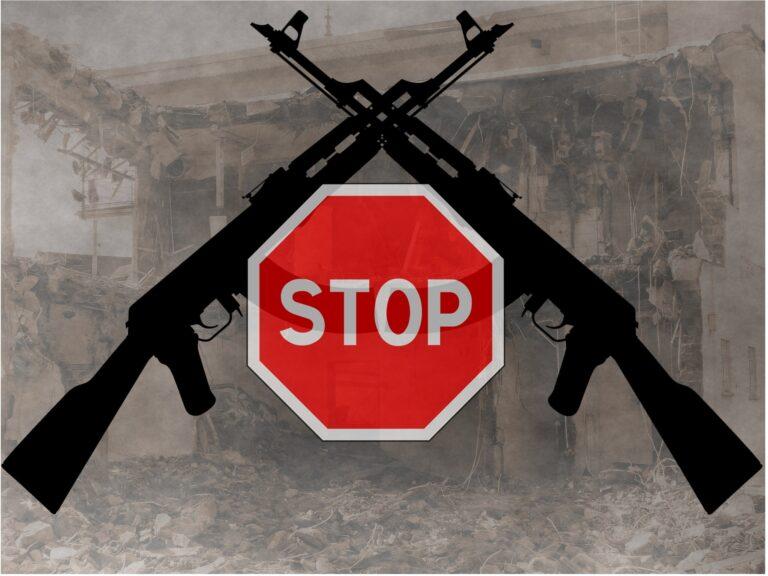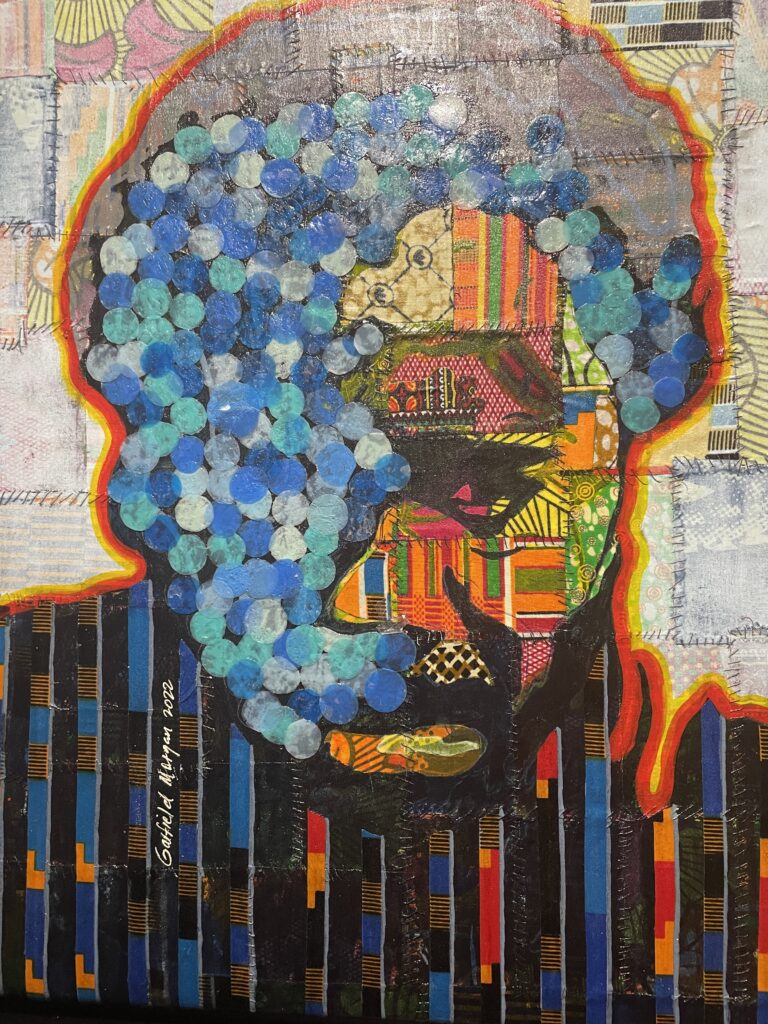George Weah’s uncharted path: From soccer star to president

George Weah is not a man who needs much introduction, at least not in West Africa. He is generally known for his outstanding talents as a soccer player, his philanthropic work, especially when the war was at its peak in Liberia, and his recent big achievement – being elected as President of Liberia in 2018. What makes him special is the path he has followed. He did not end up as a soccer coach or a sports administrator as many professional sportsmen do. Known as “King George”, to his supporters, he was born in 1966 to the first heavy duty mechanic in Liberia (his father) and a petty trader mother outside Monrovia. His beginnings were difficult and marked by humility. His parents separated when he was just a baby and he was raised by his grandmother. Weah lived with 13 other children in a shack, located in slums. Money was so hard to get that little Weah collected empty bottles from the garbage and sold them. He did that alongside his passion – playing soccer barefooted, on the streets of Clara Town in Monrovia, with homemade rag balls. He reiterates his strong bond with his grandmother to whom he credits every success in his life. The name Weah is almost synonymous with the soccer ball, and it is common to hear that he started to play soccer the very moment he started to walk.
The political experiences in Liberia had an impact on the young man’s life and career. At age 13, in April 1980, he witnessed the execution of officials of William Tolbert’s government, after the latter was killed. The new president, Samuel Doe, inspired hope. Jobs became available, and the reign of the Americo-Liberians like Tolbert and others had, seemingly, come to an end. Weah is from the Kru ethnic group and Doe was a Krahn, two of the numerous ethnic groups that were looked down upon by the Americo-Liberians who were descendants of the freed African American slaves who migrated to Liberia in February 1820. They formed an enclave and did not mingle with the different peoples they met upon arrival.
Although some analysts contend that Master Sergeant Doe ultimately turned into a dictator, what cannot be denied is that he injected fresh blood into soccer in Liberia. He turned it into a prestigious and lucrative sport, brightening the image of soccer in Liberia. Before he came to power, football was perceived as the sport of illiterates and the poor. Under President Doe’s rule, Liberia entered a World Cup qualifying tournament for the first time, and he later financed a two-month training expedition for the national team to Brazil. Weah was fortunate to be part of that squad. Doe went further to make him captain of the national team. It is said that the president used to give a briefcase of cash to the players whenever they won a match.
Although he attended school on a soccer scholarship, Weah was more interested in the soccer part of the offer and dropped out of school at the junior high school level and began to climb the ladder of soccer professionals vigorously, starting at home where he played for the Young Survivors, the Mighty Barolle and the Invincible Eleven. These teams used to play from morning till night, every day. It was a way to escape the squalid conditions and tough life of the slums. After he conquered the local scene in Liberia, Weah started his international career by signing a three-year contract with the Tonnerre de Yaoudé in Cameroon in December 1987. His impressive skills led the AS Monaco in Europe to give him a contract for about 12,000 GBP. He shone in AS Monaco, with his exceptional dribbling and shooting skills which made him a crowd favourite. In five seasons, he scored 57 goals, and the team won the French Cup in 1991. He later landed a lucrative contract with Paris Saint-Germain (PSG). In 1994, George Weah won the Footballer of the Year award for the second time. He achieved the following in succession. He led PSG to the French Cup and the semi-finals of 1995 European Champions League. He was transferred to AC Milan in 1996 and helped the club to win the 1996 and 1999 league titles. He won the Ballon d’Or and became the first African to win that award. He then played for Chelsea where he was outstandingly successful.
During this brilliant soccer career, Weah kept Liberia close to his heart. When the civil war broke out in 1990, he was devastated and started a humanitarian mission in a Liberia that was hurting and carved up among war lords. One of them, Prince Yormie Johnson, arrested President Samuel Doe and dismembered him alive. King George distinguished himself by recruiting children into the “Junior Nationals” in 1994, so that they could remain in school. That same year, he helped UNICEF to publicize its Liberian Immunization Campaign. He ultimately became a UNICEF Goodwill ambassador and spearheaded the fight against HIV/AIDS in Liberia and in Ghana. His interest in the plight of his people reached a climax when he told a foreign journalist that it was high time the UN intervened in Liberia to help stop the civil war. That position earned him the violence, aggression and intimidation of Charles Taylor (the main warlord) and his troops; they wanted him to stick to soccer and nothing more. Despite that terror, Weah kept supporting the needy and helped to build and equip schools and hospitals because he felt that the taxpayers’ money had been used to develop his soccer skills, so he had to give back to his nation. He was the nation’s torchbearer during those dark days and flew regularly to refugee camps hosting Liberians, most notably the Bujumbura Camp in Ghana. He provided relief items, sponsored some refugees in school and supported Liberians in many other ways. He relocated the Liberian national soccer team to Ghana at a point and lived there for some time, for his own security. Some speculate that his name “Oppong” comes from that Ghanaian sojourn. Weah whose full name is George Manneh Oppong Ousman Weah might have taken the Ghanaian Akan name “Oppong” as a sign of integration and gratitude to the Ghanaian society.
In 2005, he ran for the office of President of Liberia. He had many followers because of his humble beginnings and charisma, had no ties with the previous corrupt regimes and identified with the common people. He lost the elections to Ellen Sirleaf Johnson, Harvard-educated and a sharp contrast to Weah who was generally seen as a school dropout. In 2017, he was elected president. At that time, he was senator of Montserrado County, and he also enjoyed the robust goodwill and support of the Liberian soccer team that he had aided with close to 20 million USD.
Some of the following can be pinpointed as successes and underachievements of President Weah. He made efforts towards some significant and tangible political reforms and his approval of the Local Government Act and Land Rights Act is celebrated by activists as a victory for long marginalized communities. Since coming to office, his government: has reduced tariffs on nearly 2,000 commodities; has set out to woo foreign investors; has connected slum communities around the capital, Monrovia, to major roads; and made progress in providing public utilities. More broadly, however, the economy is in dire straits. It has struggled to deal with low commodity prices, low export earnings, and low foreign direct investment. The Liberian dollar continues to fall against the US dollar, while inflation soared to an all-time high of 26.6 per cent in October 2018. The soccer star, turned president, still has time to make amends.
George Weah is the epitome of humility, determination, kind-heartedness and he is committed to achieving good living conditions for his people who have suffered poverty and violence as a result of poor governance.
Moussa Traoré is Associate Professor at the Department of English of the University of Cape Coast, Ghana.






